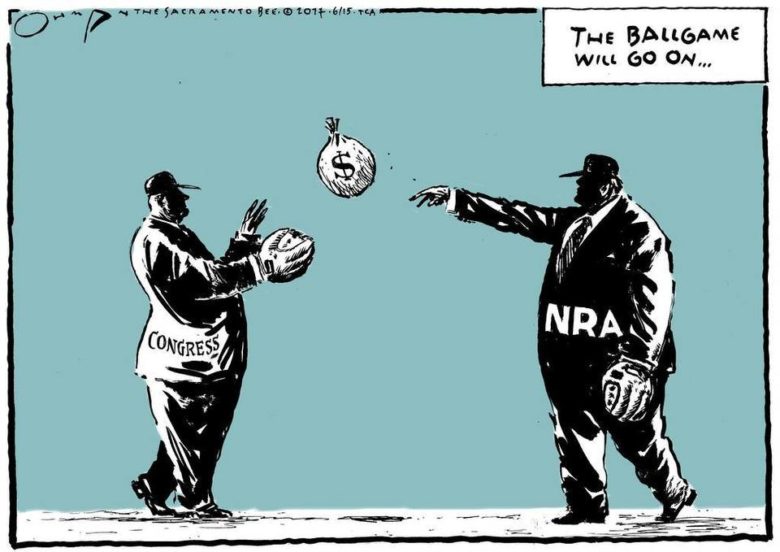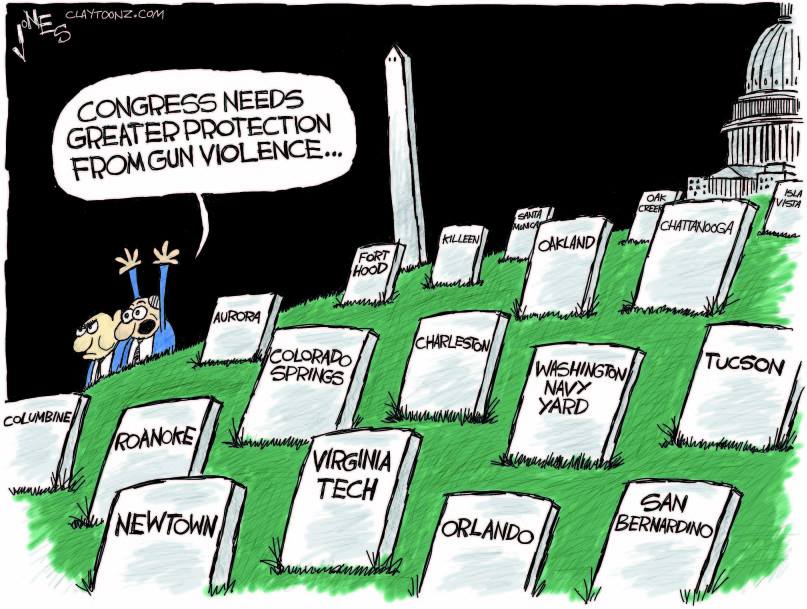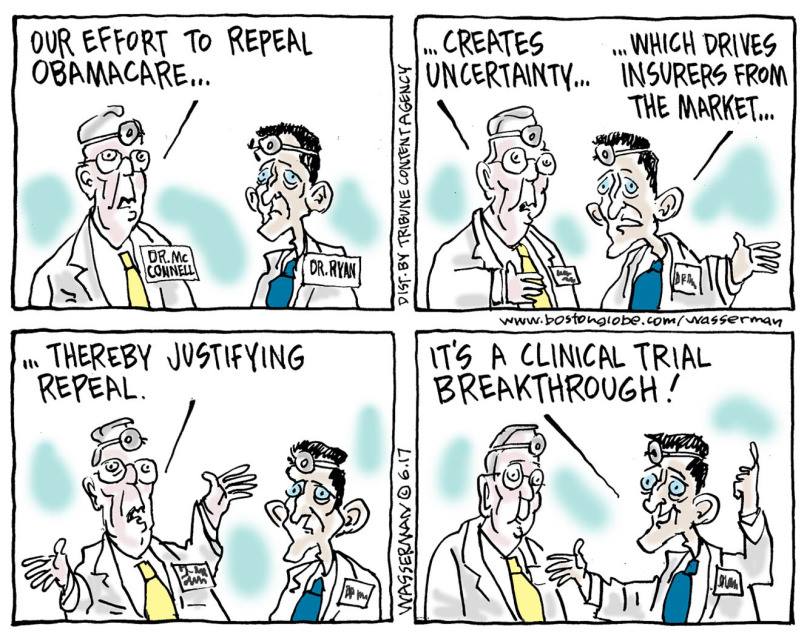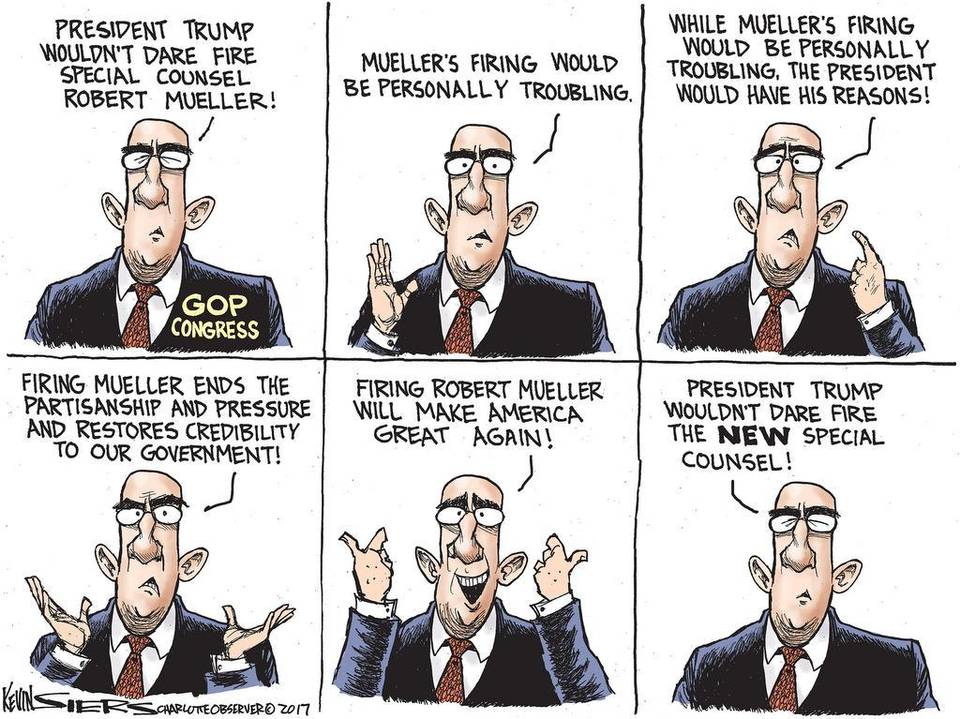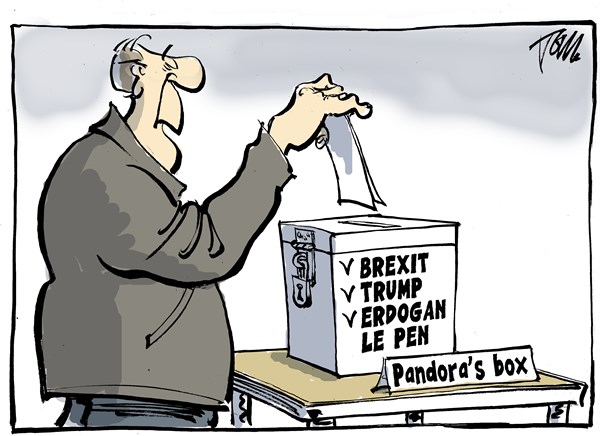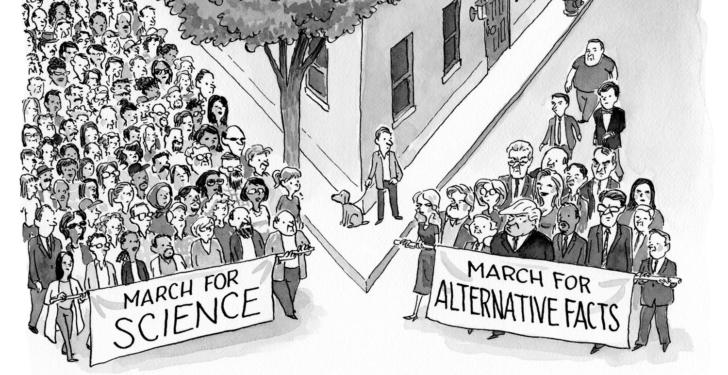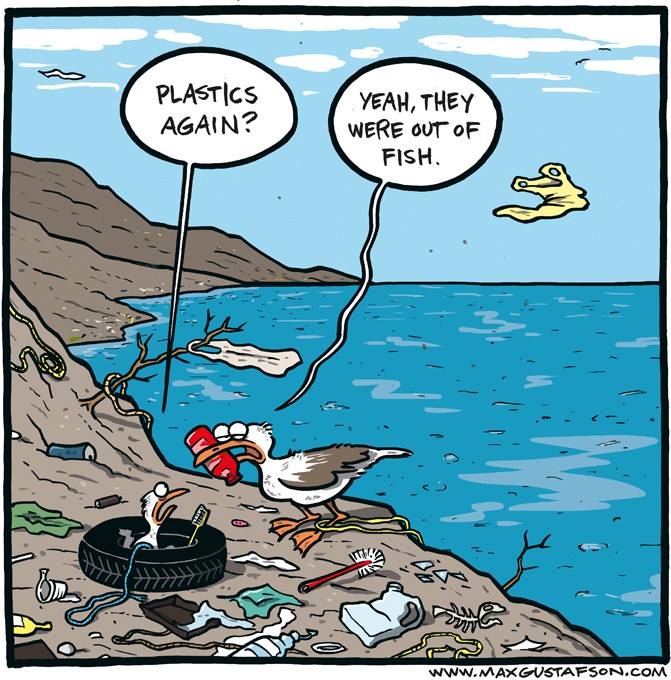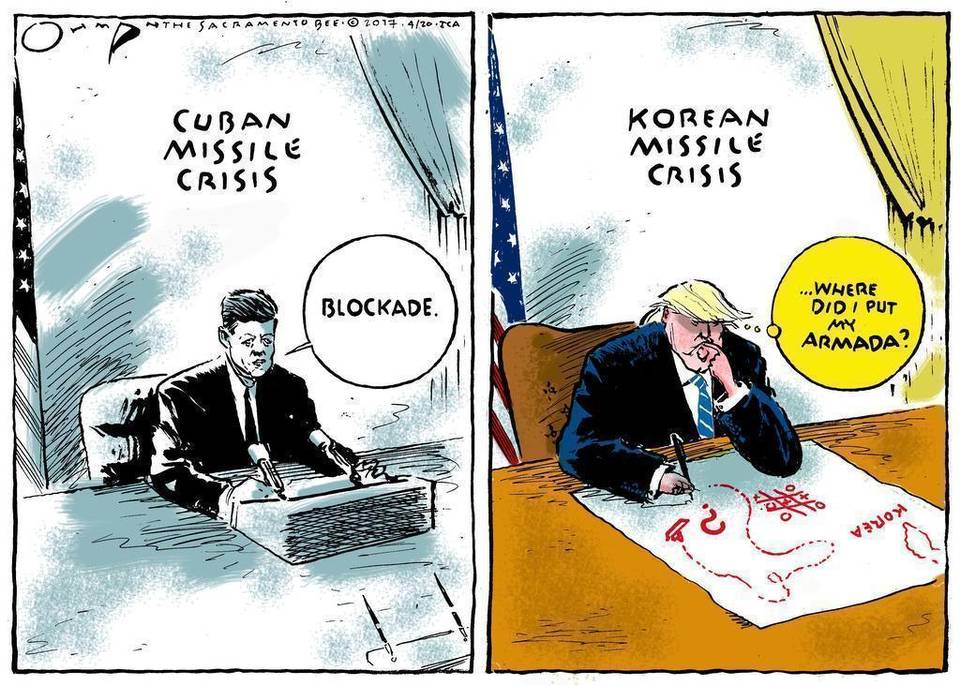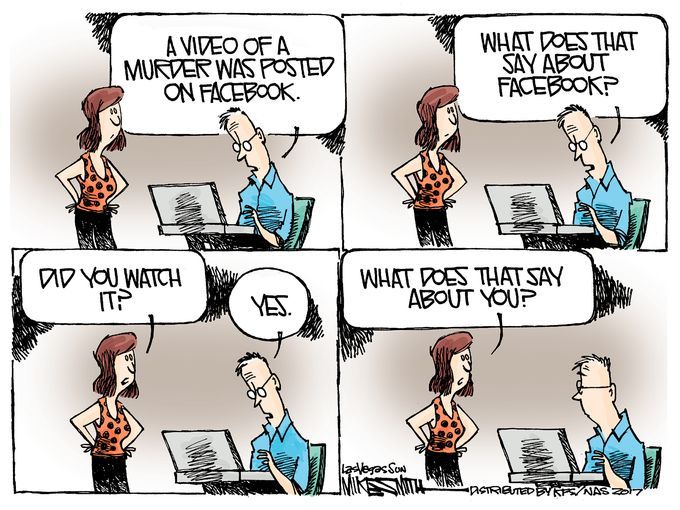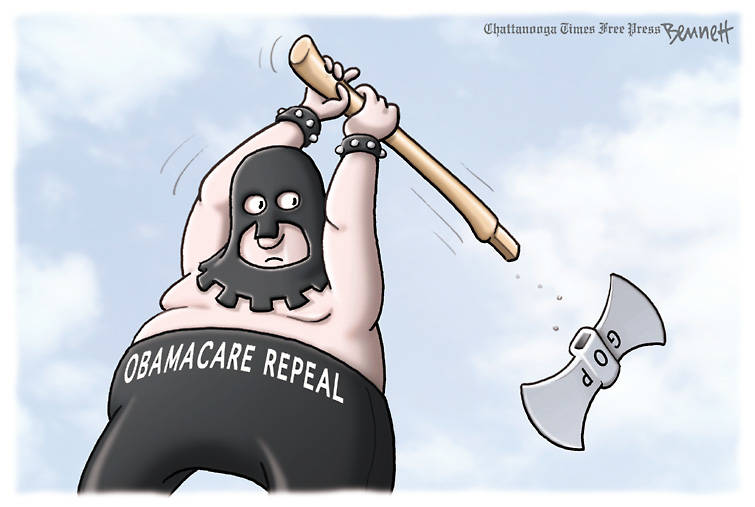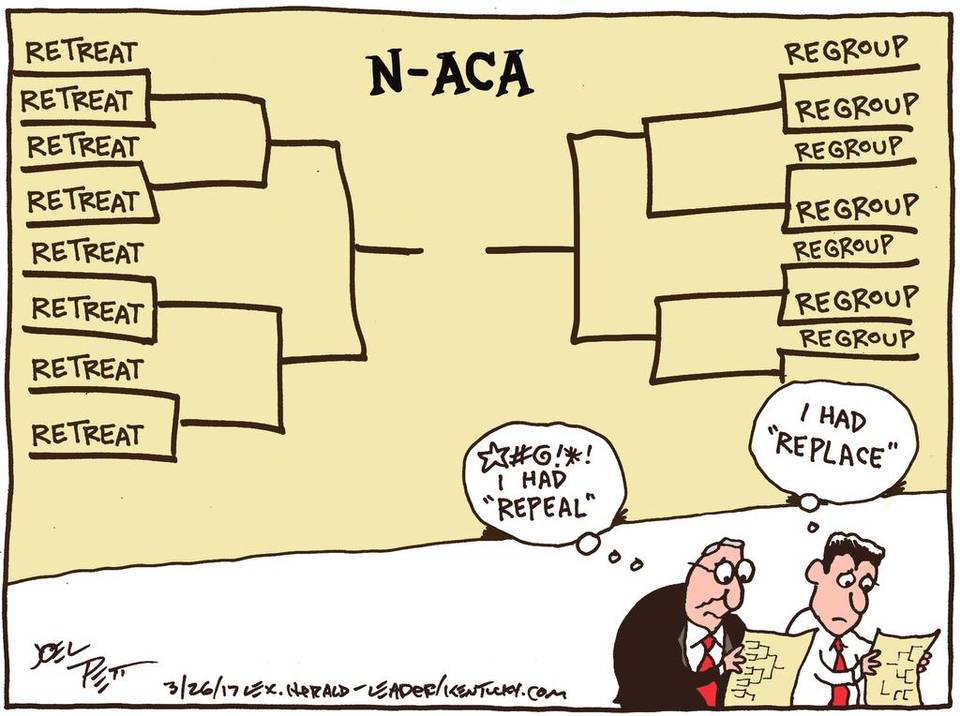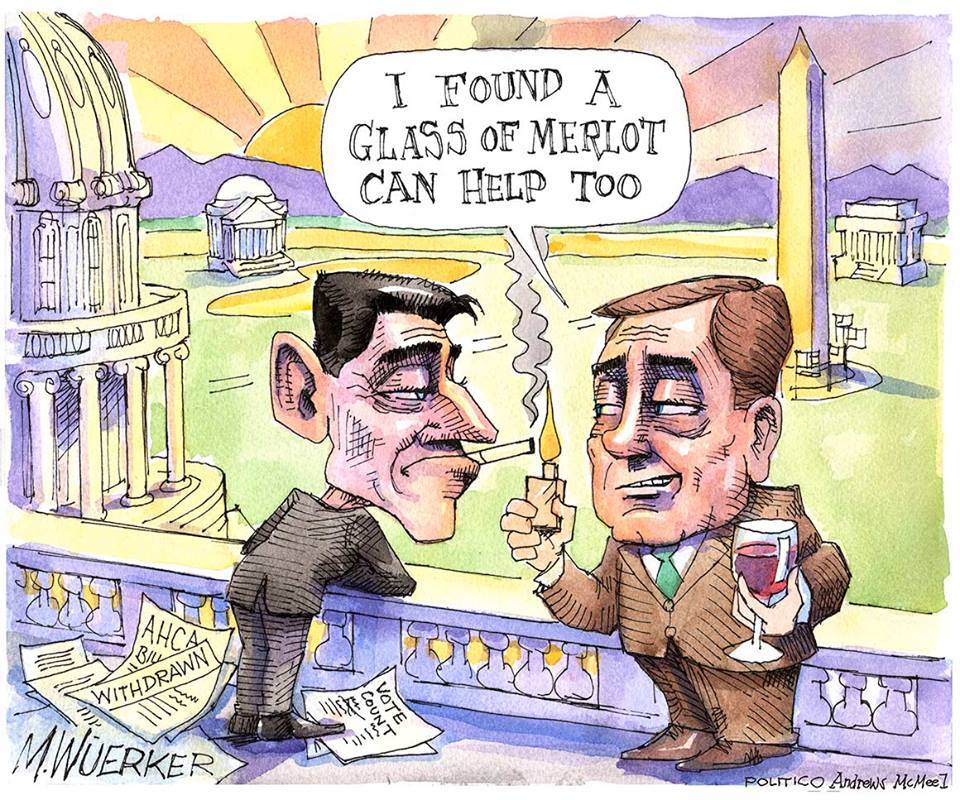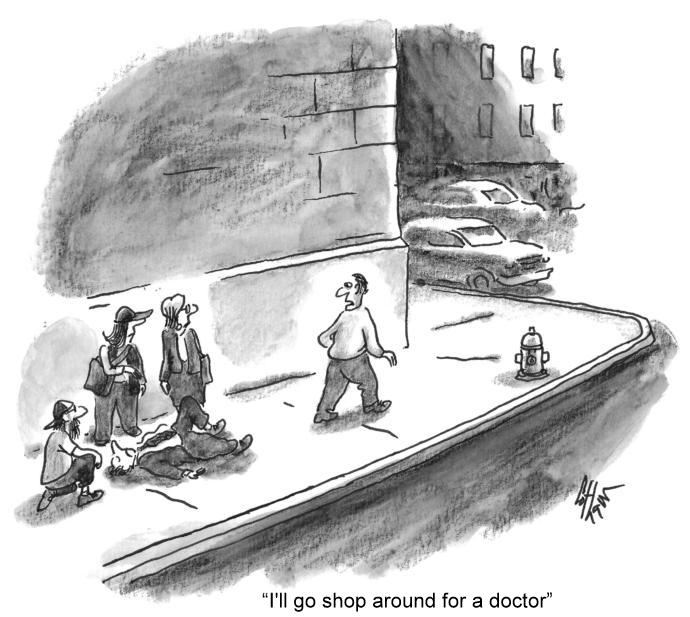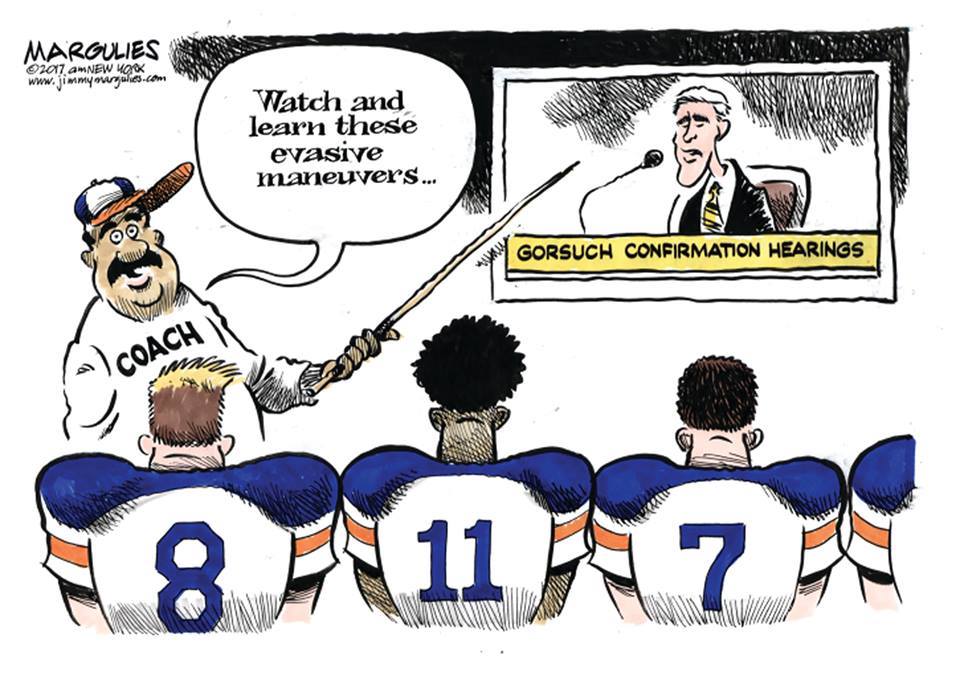The Daily Escape:
Orchha, on the banks of the Betwa River, India – photo by Arian Zwegers cc 2.0
Quite the week: After threatening nuclear war with North Korea, musing about invading Venezuela, and equivocating over Charlottesville, Trump folded two advisory councils and then decided against forming a council on Infrastructure. He also Twitter-attacked more Republican senators than Democrats this week, a bad strategy for someone who can’t be sure what Special Counsel Mueller may come up with.
But, according to a Survey Monkey poll as reported by Axios, Trump’s statements about Charlottesville have overwhelming support of Republican voters. Survey Monkey asked whether people agreed with a verbatim quote from President Trump on Tuesday:
You had a group on one side that was bad, and you had a group on the other side that was also very violent
Republicans agreed with the Trump comment, 87%-11%. Democrats disagreed, 83%-15%. Independents disagreed, 59%-39%.
When we no longer agree on basic facts, civil debate is impossible.
This is a dangerous moment. America is split. We need to stop fighting about the little things. Wrongo usually is against “slippery slope” arguments, but will make an exception in the case of our Civil War history: What is the objective of removing Civil War statues and monuments? Will their removal change the historical record of slavery?
Of course not. How would supporters of removal say we should polarize the continuum of history? What would be next? Removal of history books that mention the Confederacy or former slave owners?
One of Wrongo’s favorite histories of the Civil War is “A Diary from Dixie” by Mary Boykin Chestnut. It is a day-to-day diary of her experience as a southern partisan during the Civil War. Most Civil War historians have read and consulted it in the preparation of their own work. Should we burn the book because it was written by a slave-holding partisan?
Of course not.
Many want to draw a red line regarding slavery and the Civil War, and that is totally understandable. But where to draw it? Can it be drawn in a way that keeps our children in touch with our past, even the sordid bits?
We need to own our history.
We should ignore the false moral equivalencies mentioned by Trump, such as Lee and Washington. Both owned slaves, so statues of Washington must go too. It is true that both owned slaves, but Washington fought to build this country, while Lee fought to destroy it in support of slavery.
Some have pointed to the fact that Jews would never let Auschwitz, Dachau or Buchenwald be taken down. This is another false equivalency. Auschwitz is maintained not to celebrate Nazism, but to show its horrors.
Maybe that IS the lesson: Add interpretation to the Confederate monuments: Make them say that we do not want anyone to forget what happened, and that we want to make sure it can never happen again.
It’s Saturday, so we MUST get some distance between where we are as a country now, and where we need to be.
Wrongo’s prescription? Brew a cup of Brooklyn’s Toby’s Estate El Ramo Columbian coffee. El Ramo means the bouquet in Spanish ($14 for 12oz.), close the door, and put on your over-the-ear headphones. Now, listen to G.P. Telemann’s “Concerto in G major for Viola, Strings and Basso continuo, TWV 51:G9”.
Wrongo and Ms. Right heard it last week at the final summer concert of the New Baroque Soloists at the Washington Meeting House in Washington, Connecticut. Here it is performed live by the Remember Barockorchester, in the Unser Lieben Frauen Church, Bremen, on November 21st, 2015:
The Viola Soloist is Tomoe Badiarova
Those who read the Wrongologist in email supplied by the execrable Feedburner, can view the video here.






